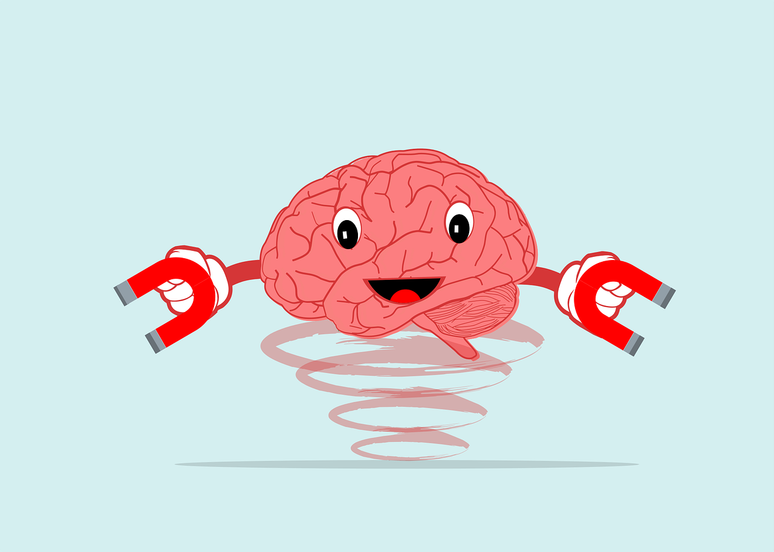This could be the result of intrusive thoughts. Now, if you act without thinking, it is synonymous with impulsiveness! The new trend on TikTok is about intrusive thinking. The topic became very popular first in the United States, and then spread to Brazil. But as the number of people talking about it increases, […]
This could be the result of intrusive thoughts. Now, if you act without thinking, it is synonymous with impulsiveness!
The new trend on TikTok is about intrusive thinking. The topic became very popular first in the United States, and then spread to Brazil. But with the increase in those who talk about it, the curiosity of those who know nothing about the topic has also grown. But calm down! You don’t need to click on any website to search for information, Sharp mind explain it.
What is intrusive thinking?
These are unwanted, involuntary thoughts that arise in the mind, often causing discomfort, anxiety or disturbance. They can be repetitive, irrational or out of context and can range from mild to intense. They generally do not represent the person’s true desires or beliefs, but they can be persistent and difficult to control,” explains psychotherapist Thiago Guimarães.
Now that you know what it is, let’s look at examples of intrusive thoughts. The psychologist and member of the Brazilian Psychological Society (SBP), Larissa Fonseca, separated them.
- What if I threw myself in front of that bus?
- What if I threw that person in front of that car?
- What if I shouted in this meeting?
- Did I leave the stove on?
- What if God doesn’t love me?
- Isn’t this a symptom of a terminal illness?
- Did I clean myself properly in the shower?
But is this common?
Guimarães points out that, strange as it may be, intrusive thoughts are quite common. “Most people experience these types of thoughts occasionally without them causing much distress. However, when the intrusive thoughts become frequent, intense, and cause significant distress or interfere with daily life, it may be advisable to seek support from a health professional mental, such as how a psychotherapist or psychiatrist can help you understand and deal with these thoughts in a healthy way.” (BOX)
The causes are different
Although intrusive thoughts appear for various causes, some theories suggest that they may be the result of normal patterns of brain functioning, in which random and different thoughts are constantly generated. “However, these thoughts can emerge when they are perceived as inconsistent with the person’s values, beliefs or desires,” says the psychotherapist.
Furthermore, Larissa points out that factors such as stress, anxiety, depression, mental disorders, post-traumatic stress disorder and traumatic events can contribute to the appearance of intrusive thoughts. “For example, people with obsessive-compulsive disorder (OCD) often experience disturbing intrusive thoughts that trigger compulsions, as an attempt to relieve the anxiety associated with these thoughts,” adds Guimarães.
Impulsivity x Intrusive Thinking
Intrusive thoughts and impulsivity are distinct concepts, but they are related in certain contexts. “Both can be symptoms of imbalanced mental health,” says the psychologist. Let’s take a look at the differences!
“Impulsiveness refers to acting or making decisions without considering the consequences. Impulsive people may act hastily, without adequate planning or reflection,” says Thiago.
Now, intrusive thoughts, as we have already said, are unwanted and involuntary, and they appear in the mind, often being repetitive, irrational and out of context. “However, although they are different, in some situations, intrusive thoughts can influence impulses, especially in people who suffer from disorders such as obsessive-compulsive disorder (OCD). For example, a person with obsessive, intrusive thoughts about contamination may feel an urgency to wash your hands repeatedly as a way to relieve anxiety related to thoughts”, concludes the psychotherapist.
Source: Terra
Ben Stock is a lifestyle journalist and author at Gossipify. He writes about topics such as health, wellness, travel, food and home decor. He provides practical advice and inspiration to improve well-being, keeps readers up to date with latest lifestyle news and trends, known for his engaging writing style, in-depth analysis and unique perspectives.








